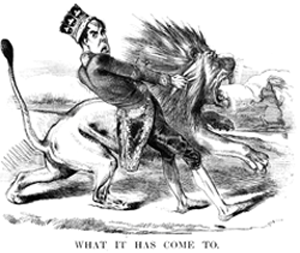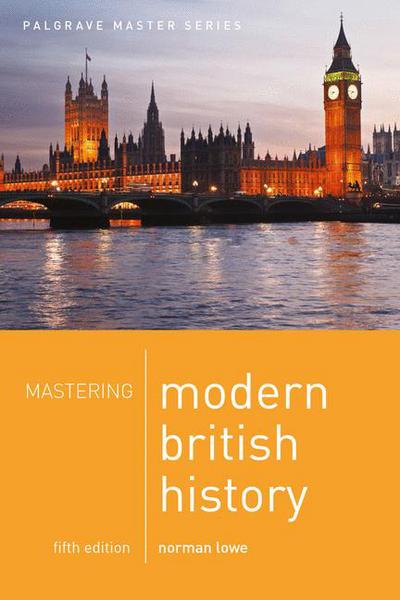


Are you sure you want to reset the form?
Your mail has been sent successfully
Are you sure you want to remove the alert?
Your session is about to expire! You will be signed out in
Do you wish to stay signed in?
The outbreak of the Crimean War
Study Sources A to G and then answer the questions that follow.
Source A:
| Tsar Nicholas I of Russia speaking to the British ambassador about Turkey early in 1853. We have a very sick man on our hands, and we need a frank discussion as to the fate of Turkey. I want to speak as a friend and a gentleman, and as one keenly interested in the fate of millions of Christians...I cannot allow Britain to take Constantinople, but for my part, I am willing to undertake not to establish myself there as proprietor...Constantinople must not belong to any Great Power; as to the Principalities, which are in fact an independent state under my protection, they might well remain so; I am quite ready that England should take Egypt and Crete in any partition. Source: Quoted in R.W.Seton-Watson, Britain in Europe 1789-1914, Cambridge, 1937. |
Source B:
| A letter from Lord Aberdeen, the Prime Minister, to Lord John Russell, September 1854. The assurances of prompt and effective aid, given by us to the Turks, would in all probability produce war. These barbarians hate us all and would be delighted to take their chance of some advantage by getting us mixed up with the other powers of Christendom. It may be necessary to give them moral support and to try to prolong their existence, but we ought to regard as the greatest mischief any engagement which compelled us to take up arms for the Turks...Britain ought to keep perfectly independent and free to act as circumstances may require. Source: As Source A. |
Source C:
| A letter from Lord John Russell to Lord Clarendon, the Foreign Secretary, September 1854. The Emperor of Russia is clearly bent on accomplishing the destruction of Turkey, and he must be resisted...plainly I shall stand for the Turk against the Russian. Source: As Source A. |
Source D:
| A letter from Lord Palmerston to Sidney Herbert, the Secretary for War, September 1854. Turkey is not in decay, and for the last thirty years has made greater progress and improvement than any other country...If the Tsar wishes the Christians of Turkey to be safe from oppression, then let him relieve the Principalities of the miseries inflicted by his own armies. Beyond that, let him be satisfied, as we all are, with the progressively liberal system of Turkey. If he wants to interfere between the Sultan and his subjects, then let us manfully assist Turkey and let the fortune of war decide between the Emperor’s wrong and the Sultan’s rightful cause. Source: As Source A. |
Source E: Cartoon (Figure 10.1) showing Lord Aberdeen and the British lion.

Source: Punch, October 1854.
Source F:
| Extracts from speeches by John Bright in the House of Commons, October -November 1854. War will not save Turkey if peace cannot save her; but war will brutalize our people, increase our taxes, destroy our industry, postpone the promised parliamentary reform...; as to the supposed Russian threat to India - in the light of past history, we are more likely to attack Russia from India than the Russians to attack us there, for our Asian policy, much more than Russia's, has been designed to increase our power.... Is it really necessary for us to interfere in a dispute between Russia and Turkey? The Turks declared war on Russia against the advice of the British and French governments, but the moment war was declared by Turkey, our Government openly applauded it. My doctrine would have been non-intervention in this case. The danger of Russian power was a phantom...; our love for civilization when we subject the Greeks and Christians to the Turks, is a sham. Source: Quoted in Donald Read, Cobden and Bright, Arnold, 1967. |
Source G:
| Historian D.R.Ward writes about the outbreak of the war. It has often been argued that British policy, or lack of it, allowed the Russo-Turkish War to occur and then failed to prevent Britain being dragged into it. On the one hand, a firmer British stand, the Palmerston-Russell policy, would have made it clear to Russia from the outset that Britain would not tolerate any interference with Turkey. On the other hand, it is claimed, if Britain had been more determined with Turkey, showing that she was not prepared to assist her against Russia, the Sultan would have been more ready for compromise. Aberdeen disliked the idea of assisting the Turks, especially when the Turks treated Christians harshly, and he tried to bring pressure on her to settle with Russia...However, he was not able to pursue this policy throughout, because influential members of his cabinet - Palmerston and Russell - held contrary views. However uncertain the government was, public opinion was perfectly clear: the press lambasted the government for not standing up to the Russians. When a Turkish flotilla cruising in the Black Sea was sunk at Sinope by the Russians, public opinion became almost hysterical. So the divided Cabinet, finding it increasingly difficult to resist popular demand, issued an ultimatum demanding a Russian withdrawal from the Principalities. When it was not complied with, war was declared on 27 March 1854. Source: D. R. Ward, Foreign Affairs 1815-1865, Collins, 1972. |
